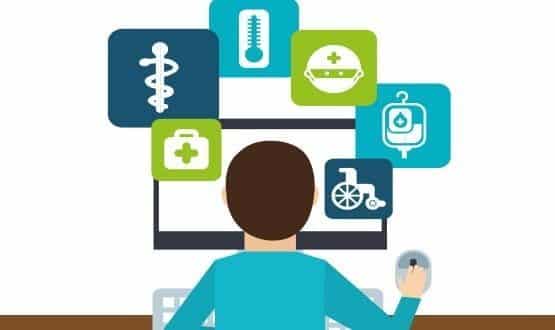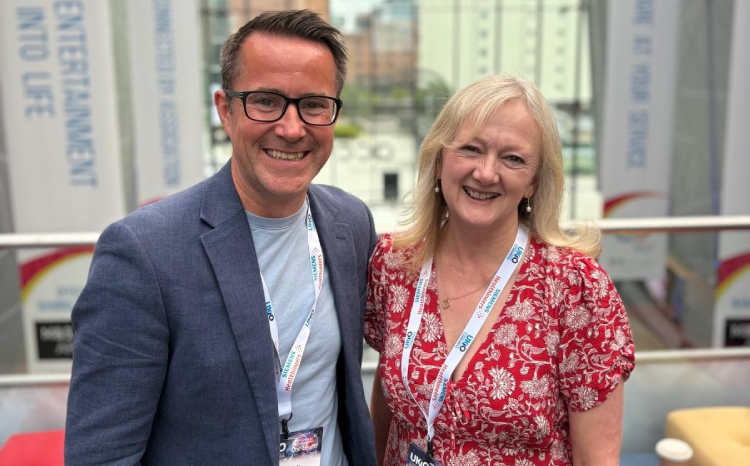First patient facing app to get GP system approval
- 1 August 2016

The first patient facing app is expected to get approval to integrate with a GP primary system this week, after years of development.
PAERs’ is one of three patient facing subsidiary suppliers, along with iPlato and Wiggly Amp, that has been going through the long and sometimes arduous process of pairing with primary systems.
Brian Fisher, co-director of PAERs, said the company’s iPatient product was being piloted in five GP practices using the Emis Health primary system and he expects to get approval for full roll-out across every Emis GP site in the country imminently.
“It has taken an unbelievably long time but we think what we have to offer is going to change how we do health care,” he said.
“It is the first step in a real range of new functions for patients.”
iPatient is a patient facing record system, that allows patients to view their health records and test results, book appointments, use secure messaging, and request repeat prescriptions.
Fisher said he was still working on pairing iPatient with TPP, which he hoped to achieve in the next six months.
Matt Murphy, Emis Health managing director of primary and community care, said he too expected PAERs to be assured for full roll-out soon.
However, he said the road to approval for PAERs and other patient facings subsidiary supplier seeking approval had be “really difficult” and raised questions about whether a central approval process was the best approach.
“It has taken them ages to get that requirement.”
The ‘pairing process’ between primary and subsidiary systems was developed by the Health and Social Care Information Centre to manage the integrations.
A HSCIC spokeswoman said last week that iPatient was still in the pilot phase with Emis with “full rollout approval still to be granted”.
“A full announcement will be made in due course.”
When it does gain approval, PAERs will likely be the first patient facing app covered by the GP Systems of Choice contracts signed in March 2014. The contracts require primary systems suppliers [Emis Health, TPP, INPS and Microtest] to provide interface mechanisms to allow the suppliers of subsidiary services to integrate with them.
For subsidiary suppliers, gaining GPSoc approval means access to revenue, as they will receive a payment per transaction once a patient signs up to use their service.
As of this story going to publication, it is understood neither iPlato not Wiggly Amp have received GPSoc approval with a primary system.
iPlato chief executive Tobias Alpsten said progress on approval for pairing his company’s MyGP product had stalled, partly because the goal posts appeared to have shifted on authentication requirement.
“We are in a little bit of a standstill situation,” he said.
MyGP is focused on streamline patient appointment booking. Alpsten said HSCIC had previously indicated a lower level of authentication was required for apps that did not interface clinical information, making the functions less onerous for patients, but this no longer seemed to be the case.
While MyGP had been downloaded by thousands of patients, without GPSoc approval this did not generate revenue.
“It’s not like anyone else is around with a cheque book, so we don’t have a choice. We will find a way.”
There are more than 50 “pairings” of primary and subsidiary suppliers going through the GPSoc process, but just two integrations have been awarded full roll-out approval in more than 18 months.
These are Total Billing Solutions with its product Medibooks and My RightCare, which enables GPs and patients to create care plans together.
Running parallel to the pairing between subsidiary and primary systems, is a broader effort to agree to standard open APIs for all primary GP systems.
A ‘composite plan’ was scheduled to be released in April with the aim of having the initial list of agreed APIs developed and either in testing or live within two years. However, the plan has still not been released and NHS England’s last update in June stated it was still going through an “internal publication process”.




